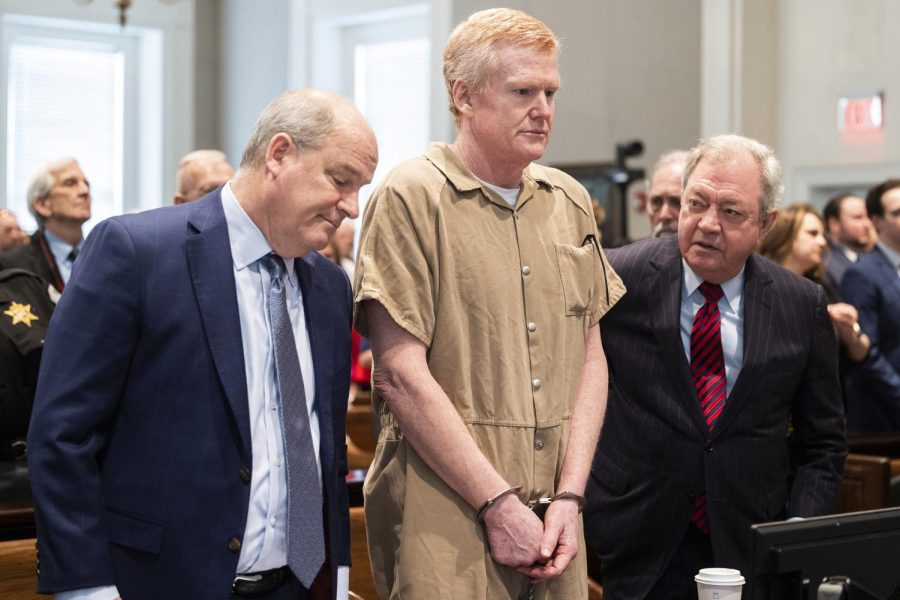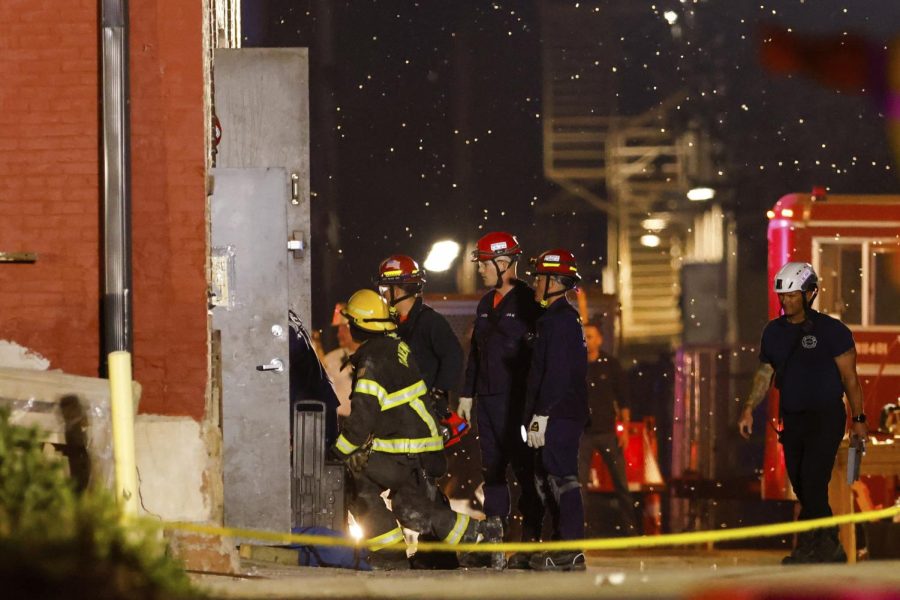Associated Press
ST. LOUIS — Missouri should establish its own laboratory to produce chemicals for use in executions rather than rely on an “uneasy cooperation” with medical professionals and pharmaceutical companies, the state’s attorney general said Thursday.
Attorney General Chris Koster, a Democrat, spoke to the Bar Association of Metropolitan St. Louis during the group’s meeting at Lake of the Ozarks.
“For Missouri to maintain lethal injection … it is my belief the Legislature should remove market-driven participants and pressures from the system and appropriate funds to establish a state-operated, DEA-licensed, laboratory to produce the execution chemicals in our state,” said Koster, according to a transcript provided by his office.
A state-operated execution drug lab would be a first, and it isn’t clear if it could be implemented through a simple change in Missouri’s protocol or if legislative approval would be necessary. Messages seeking comment from officials with the Department of Corrections and the attorney general’s office were not returned.
Lethal injection has come under increased scrutiny since April, when an Oklahoma inmate’s vein collapsed and he died of a heart attack 43 minutes after the execution process began.
Missouri is among several states that purchase execution drugs in secret from compounding pharmacies, the process shielded by state law. Texas joined that group Thursday when its attorney general released an opinion that said the state doesn’t have to disclose where it gets its lethal injection drugs.
That opinion marks a reversal from Attorney General Greg Abbott, the Republican nominee for governor. Abbott had rebuffed three similar attempts by the Texas Department of Criminal Justice to keep the drugs secret since 2010.
The department argues the information about the drug supplier must remain confidential to protect the company from threats of violence. But attorneys for death row inmates say they need to know where the lethal injection drugs come from to ensure quality and protect inmates from unconstitutionally cruel and unusual punishment.
Abbott’s decision stems from an open records request filed ahead of the April executions of two condemned inmates and can be appealed in court. Texas has executed seven men this year.
Missouri has executed four men during the same time period, but its execution procedure has come under additional scrutiny after a May 21 execution of inmate Russell Bucklew was postponed when the U.S. Supreme Court sent the case back to a federal appeals court. It isn’t clear when, or if, the execution will be rescheduled.
Bucklew has a rare medical condition, with malformed veins and tumors in his face. His attorney, Cheryl Pilate, said in court filings that he could suffer during the lethal injection process.
Pilate lauded Koster for recognizing the need for more transparency but questioned his idea.
“The proposal for creating a state lab appears to be off the cuff and leaves many unanswered questions, including regulation of the lab, public oversight, even what protocol the state would be using,” Pilate said.
Koster told the bar association that there is no state power “more daunting or irrevocable” than carrying out the death penalty.
“Lethal injection relies upon an uneasy cooperation between medical professionals who assist in the executions, pharmaceutical companies that provide the chemicals, and the state that is ultimately responsible for coordination of executions and on whose legal authority the process is carried out,” Koster said.







